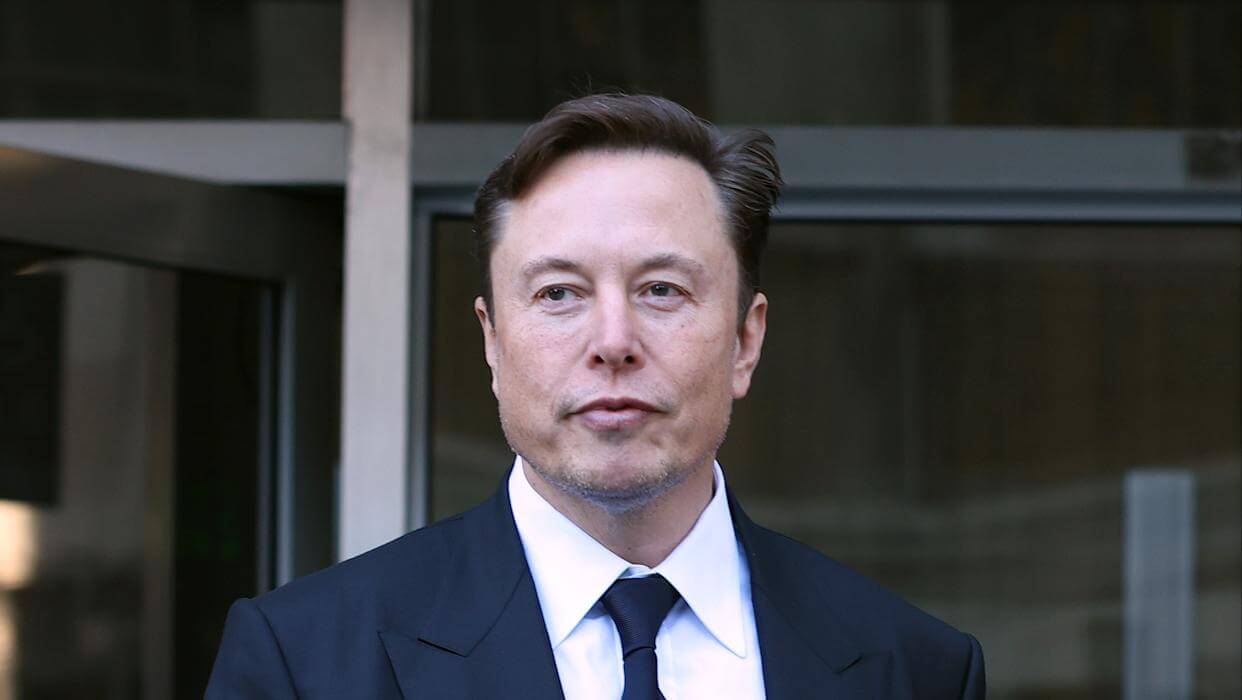French authorities have launched a criminal investigation into Elon Musk's social media platform X, formerly known as Twitter, over suspected data manipulation and potential privacy violations. The investigation, initiated by the Paris prosecutor's office, centers on allegations that X's algorithms were manipulated for "foreign interference" and that the platform fraudulently extracted data from users.
The probe was launched on Wednesday, July 9th, 2025, following an initial inquiry in January. It is based on complaints from a French lawmaker, Éric Bothorel, and an unnamed senior civil servant. Both complainants raised concerns about the potential misuse of X's algorithms to promote specific political opinions and the lack of transparency in the platform's moderation decisions. Specifically, Bothorel stated he was convinced that the platform was being used to serve Elon Musk's political opinions through algorithmic manipulation. The unnamed civil servant's complaint cited a "major modification in the algorithm" that led to a surge in hateful, racist, anti-LGBTQ+, and homophobic content, which aimed to skew democratic debate in France.
The investigation will focus on two primary accusations: "organized interference with the functioning of an automated data processing system" and "organized fraudulent extraction of data from an automated data processing system". These accusations could be considered criminal hacking under French law, carrying a potential sentence of 10 years in prison and a €350,000 fine. France's J3 cybercrime unit will lead the investigation.
The probe will examine whether X altered its content display algorithms to highlight themes favorable to the far-right and promoted posts from far-right candidates in recent European elections. Investigators will also look into the potential unauthorized access to user information or the misuse of data for commercial or political gain.
This isn't the first time X has faced scrutiny from European regulators. The European Commission has been investigating the platform for almost two years for potentially breaching the Digital Services Act (DSA), which requires online platforms to take down illegal content and increase transparency around algorithms. The spread of misinformation is part of that probe, which was expanded to include X's algorithms after Musk hosted an interview with a far-right German party leader.
France has a robust legal framework for data protection, primarily governed by the General Data Protection Regulation (GDPR) and the French Data Protection Act (FDPA). The FDPA, also known as the Loi Informatique et Libertés, is designed to protect personal data and ensure the privacy of French citizens. It applies to all businesses and organizations that process personal data in France, regardless of their location. The Act requires data controllers to obtain explicit consent from individuals before collecting and processing their personal data. Non-compliance can result in severe penalties, including fines of up to 4% of a company's annual global turnover or €20 million, whichever is greater.
The investigation comes amid broader concerns about X's content moderation practices and the proliferation of problematic content. In February, a probe was opened in response to a letter sent by a French lawmaker, Éric Bothorel, who expressed concerns about Elon Musk's personal involvement in the platform's management and its potential impact on democratic processes. The probe was also investigating a complaint that X experienced a surge in hateful, racist, anti-LGBTQ+, and homophobic content, which could skew the democratic debate in France.
The French authorities' decision to launch this criminal investigation highlights the growing concern over the role of social media platforms in shaping public discourse and political outcomes. The probe into X and its algorithms underscores the need for greater transparency and accountability in the operations of these platforms, particularly in the context of democratic processes.















